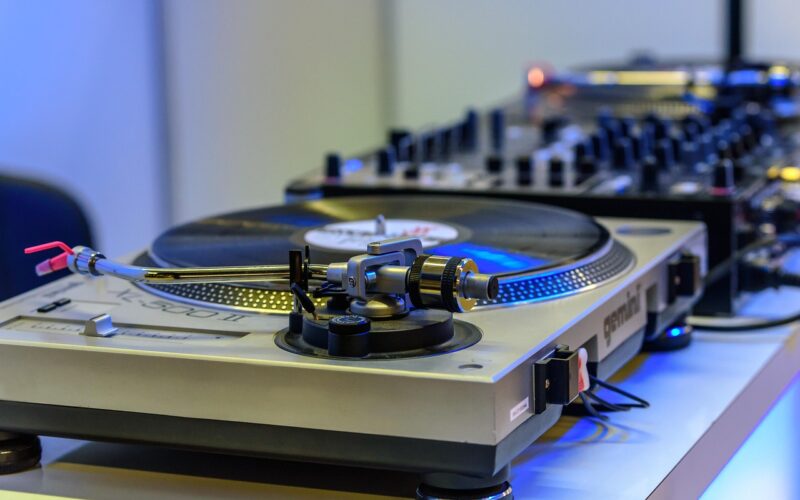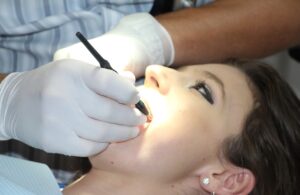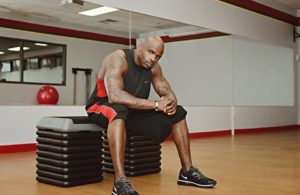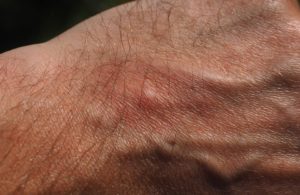Our ability to hear connects us to the world, allowing us to enjoy music, engage in conversations, and stay aware of our surroundings. Yet, many of us take our hearing for granted until it begins to fade. Understanding how to protect your ears is the first step towards preserving this vital sense for years to come. Preventing hearing loss is far more effective than treating it, and simple daily habits can make a significant difference. Your auditory system is a delicate and complex mechanism, and safeguarding it from damage is crucial for your long-term quality of life.
How daily habits can prevent hearing loss
Modern life is filled with noise, much of it coming from personal devices. One of the most effective strategies for protecting your hearing is to practise safe listening. A great guideline to follow is the 60/60 rule: listen to your personal audio devices at no more than 60% of the maximum volume for no longer than 60 minutes at a time. After an hour, give your ears a rest. Many smartphones and music players now include built-in volume-limiting settings that can automatically cap the output at a safer level. Activating these features provides a simple yet powerful safeguard against gradual, unnoticed damage that contributes to hearing loss.
Protecting your ears from environmental dangers
Your environment and workplace can pose significant risks to your hearing. Prolonged exposure to loud noises from machinery, power tools, concerts, or even lawnmowers can cause irreversible damage. In these situations, wearing proper ear protection is non-negotiable. Earmuffs or earplugs can reduce noise levels by 15 to 30 decibels, which is often enough to bring the exposure down to a safe range. Make it a habit to carry a pair of high-fidelity earplugs with you, especially if you frequent loud venues like clubs or sporting events. This proactive step helps prevent noise-induced hearing loss.
The importance of proper ear care and hygiene
Good hygiene is essential, but it’s important to clean your ears safely. Many people mistakenly believe they need to remove all earwax, but it actually serves a protective function by trapping dust and foreign particles. Pushing cotton swabs or other objects into your ear canal can push wax deeper, cause a blockage, or even puncture your eardrum. Instead, clean the outer ear with a washcloth. If you suspect you have excess wax build-up, it’s best to consult a doctor or audiologist for professional and safe removal. Avoid risky DIY methods like ear candling, which are ineffective and can cause serious burns or injury.
Lifestyle factors that influence your hearing health
Your overall health is directly linked to your auditory health. Conditions that affect blood flow, such as high blood pressure, heart disease, and diabetes, can damage the delicate structures of the inner ear. Regular exercise improves circulation throughout your body, including to your ears. Similarly, quitting smoking is beneficial, as the nicotine and carbon monoxide in cigarettes can restrict blood flow and harm the sensitive hair cells responsible for hearing. Be aware that some medications, known as ototoxic drugs, can cause hearing loss as a side effect. Always discuss potential risks with your doctor. Staying hydrated and getting enough sleep also support your body’s ability to function optimally, including your hearing system.
When to seek professional help for your hearing
Recognising the early signs of hearing loss is key to getting timely help. If you experience ringing in your ears (tinnitus), have trouble hearing in noisy environments, or frequently ask people to repeat themselves, it’s time to see an audiologist. A baseline hearing test can establish your current hearing ability and serve as a reference point for the future. Don't ignore sudden changes in your hearing or feelings of fullness or pressure in your ears, as these could indicate an underlying medical issue that needs immediate attention. Regular check-ups allow a professional to monitor for any changes and provide guidance on preventing further hearing loss.
Taking care of your hearing is an investment in your future well-being. By adopting these protective habits, being mindful of your environment, and prioritising your overall health, you can significantly reduce your risk of hearing loss. Don’t wait until symptoms appear. Be proactive about your audio health and consider scheduling a hearing screening with an audiologist to ensure you can continue enjoying the sounds of life for years to come.
















